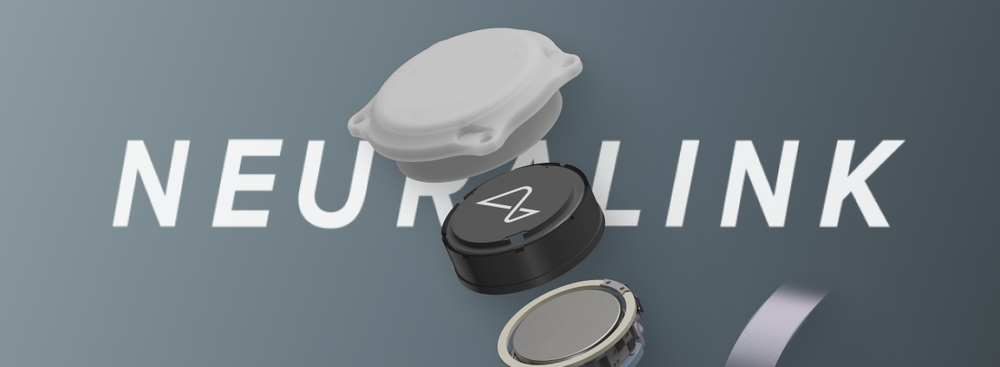Neuralink announced that their first human patient with a brain-chip implant has achieved remarkable progress, Reuters reports. The patient has reportedly fully recovered and can now control a computer mouse using only their thoughts.
Elon Musk shared the news in a Spaces event on social media platform X, emphasizing the positive outcome of the implantation without any known adverse effects. He highlighted the patient's ability to navigate a computer interface solely through the power of their mind, marking a significant leap forward in brain-computer interface technology.

Neuralink's pioneering approach involves surgically implanting a chip into a region of the brain that controls the intention to move, enabling direct communication between the brain and external devices. The ultimate aim is to empower individuals with disabilities to regain control over a computer cursor or keyboard.
This achievement underscores Neuralink's broader mission to revolutionize healthcare by leveraging advanced neurotechnology. Musk envisions a future where Neuralink's implants can address various medical conditions, including obesity, autism, depression, and schizophrenia, through targeted interventions.
While Neuralink's progress is met with enthusiasm, questions about safety and regulatory compliance persist. The company has faced scrutiny regarding its safety protocols, and recent fines for regulatory violations highlight the need for rigorous oversight in this rapidly evolving field.


















